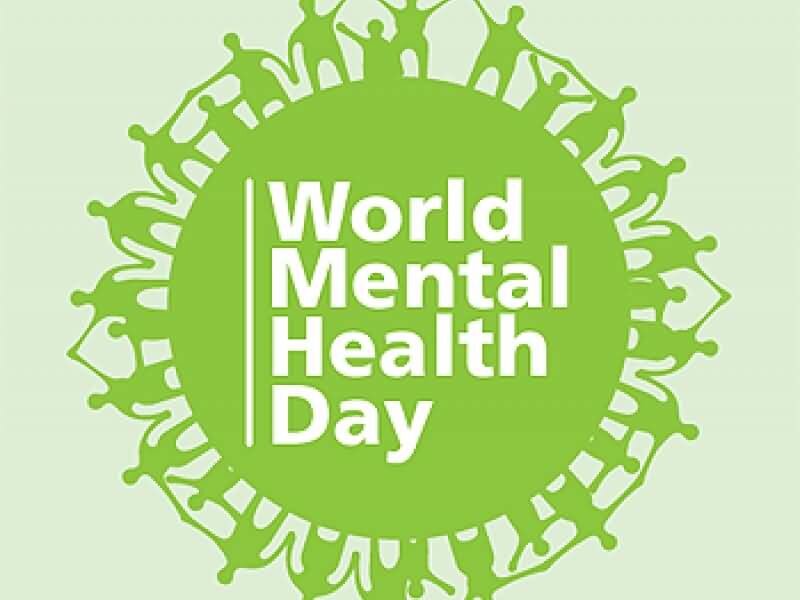
Being OCD About OCD Recovery
Towards the end of my recovery journey, I experienced something very unique: getting OCD compulsions about my own recovery process! Instead of getting compulsions related to the “usual” fears (such as washing my hands excessively due to fear of contamination, or negative intrusive thoughts about my family and loved ones), I observed that I was getting intrusive thoughts about my own recovery practice. I would have thoughts like: What if you’re not doing ERP or ACT correctly? What if everything you learned in ERP/ACT was a lie? What if everything that you’re doing to beat OCD is actually making it worse?
Basically, my OCD was attacking my recovery process in a last ditch effort to keep itself alive. The “old” fears and compulsions no longer held any control over me nor caused me any anxiety, so by attacking my recovery efforts, OCD was still trying to retain one last foothold in my mind.

The 5-Step OCD Recovery Primer
I’ve been wanting to put something like this together for a long time - basically a “primer” on key topics that everyone should read and understand as they go through their OCD recovery journey. This is not meant to be an exhaustive and fully detailed recovery plan, but more of a rough outline covering the key topics and steps along the way. I’ve created the 5-Step Primer below, with links to other blog posts I’ve written on the various topics, which will help keep things organized and direct you to the most relevant topics. Use this as a resource to help structure your own personal recovery plan and/or to help supplement any formal therapy you are receiving from a licensed mental health professional. As a disclaimer, I am not a certified psychologist or psychiatrist, but I believe this 5-Step Primer will be helpful for anyone going through the OCD recovery journey.

World Mental Health Day 2020
Today (October 10, 2020) is World Mental Health Day - a day dedicated to raising awareness and education around the globe for mental illness, and for promoting advocacy for those suffering from any form of mental disorder whether it be OCD, anxiety, depression, or anything else. You are not alone.
Since this is an OCD-focused blog, I wanted to hone in on Obsessive Compulsive Disorder. According to these statistics from the Anxiety and Depression Association of America, OCD affects about “2.2 million adults, or 1.0% of the U.S. population.” That may seem like quite a large number, but when compared to other more common disorders such as PTSD (est. 7.7 million US adults) or Depression (est. 16 million people), OCD is actually a fairly niche topic - which makes it that much harder to diagnose and treat.
Indeed, my experience is that many people suffering from OCD aren’t even aware they have it, and that many therapists and psychologists who are otherwise qualified to treat generalized anxiety disorders struggle to diagnose and treat OCD. This isn’t helped by the fact that OCD, whenever it is portrayed in mass media or popular culture, often gets stereotyped as a disorder that makes someone obsess about cleanliness and order… which only confuses people who suffer from OCD but don’t have the stereotypical compulsions around cleaning or hand washing.

Know Your Enemy
“If you know the enemy and know yourself, you need not fear the result of a hundred battles.” - Sun Tzu
The first step to beating OCD is understanding how and why it works.